The surcharge is not a premium and applies to policies on residential dwellings with four or fewer units and on condominiums. Renters policies are exempt.
The bulk of the money collected in the Healthy Homes Fund Surcharge will be used for grants-in-aid to homeowners with homes located in the immediate vicinity of the West River in the Westville section of New Haven and Woodbridge for structurally damaged homes due to subsidence and to homeowners with homes abutting the Yale Golf Course in the Westville section of New Haven for damage to such homes from water infiltration or structural damage due to subsidence. The fund will also go toward programs designed to reduce health and safety hazards in residential dwellings in Connecticut such as lead, radon and other contaminants or conditions and pay for the removal, remediation, abatement of these contaminants.



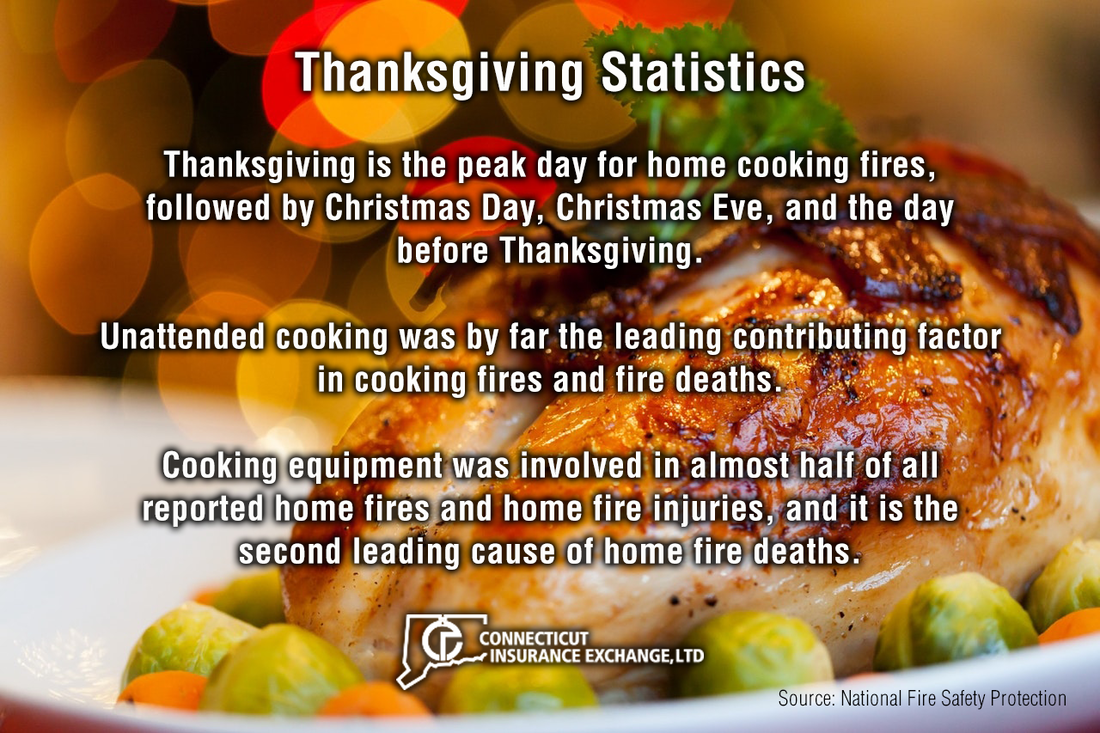

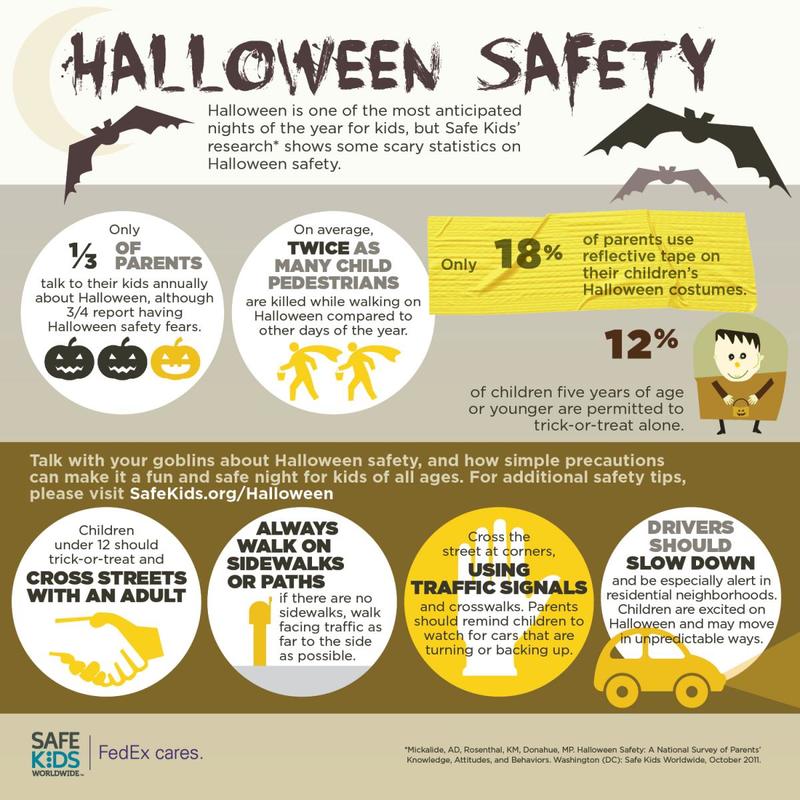

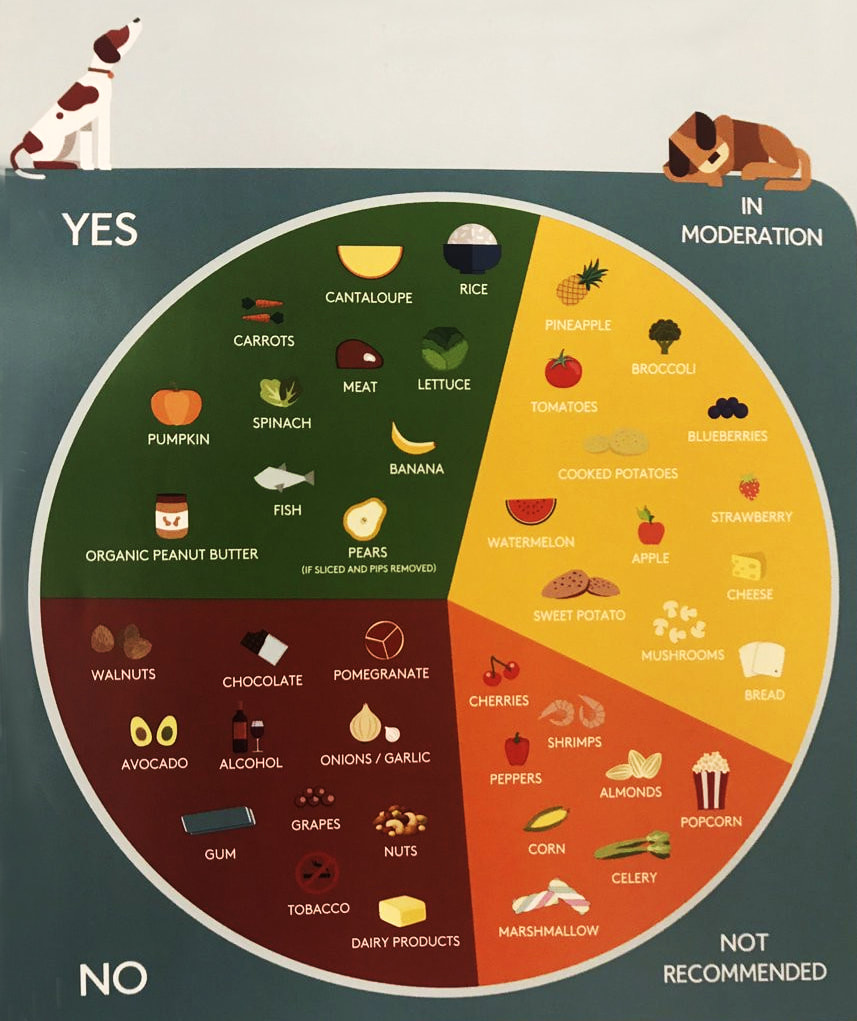
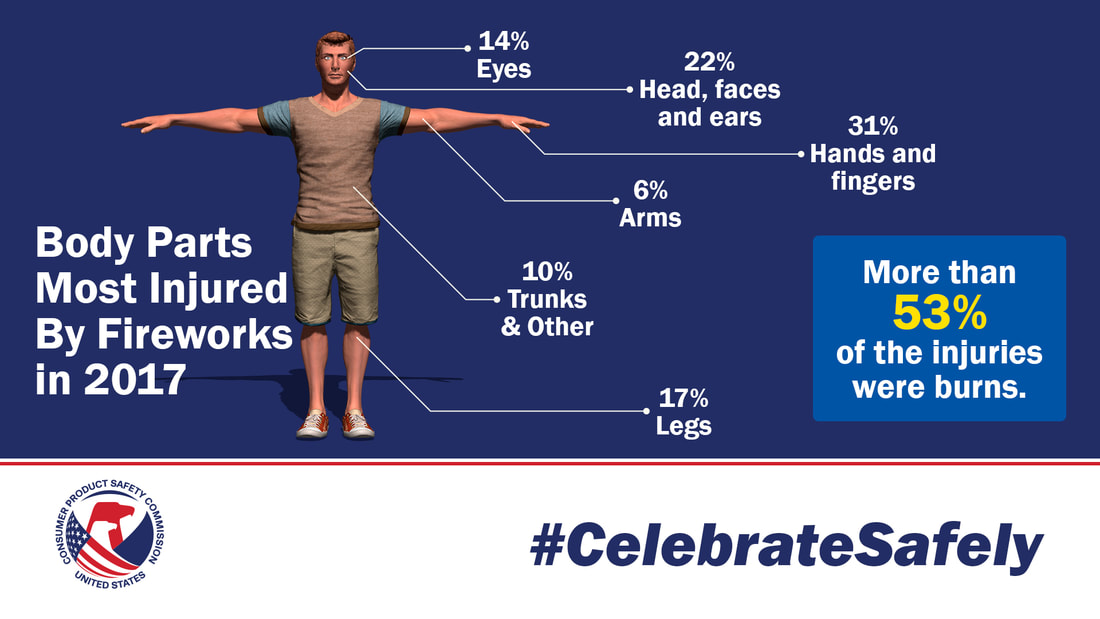

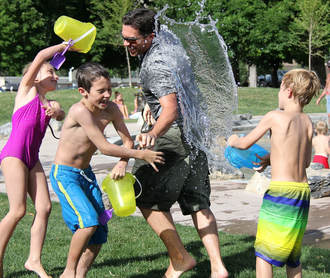
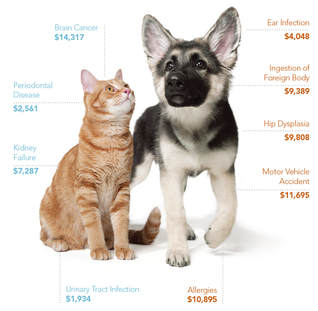


 RSS Feed
RSS Feed